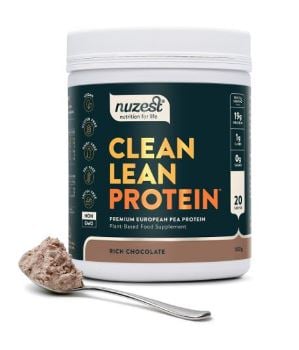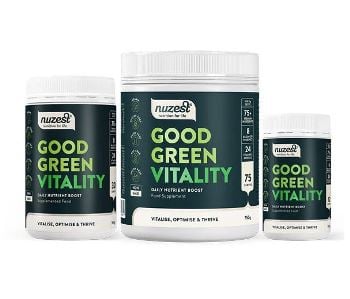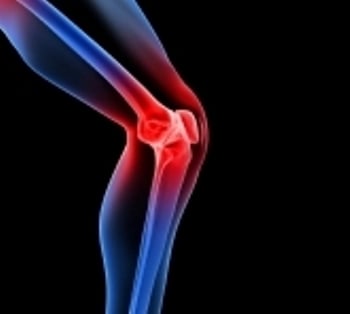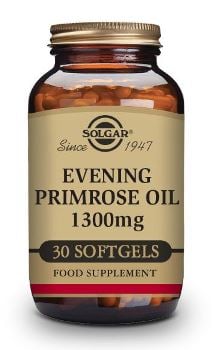-
ANNUAL LEAVE - orders placed after 9am 14.06.25 will be dispatched on 23.06.25
our blog post
Menopause symptoms and help
Menopause symptoms and help
As a nutritional therapist with extensive experience, I often find myself discussing dietary supplementation with women experiencing menopausal symptoms. Menopause, a natural phase of life for women typically occurring in their late 40s or early 50s, brings about hormonal changes that can result in various symptoms such as hot flushes, mood swings, sleep disturbances, and changes in metabolism.
While these symptoms are a normal part of the menopausal transition, they can significantly impact a woman's quality of life. This is where dietary supplementation can play a beneficial role.
First and foremost, I always emphasize the importance of a balanced diet rich in fruits, vegetables, whole grains, lean proteins, and healthy fats for overall health during menopause. However, sometimes dietary changes alone may not provide sufficient relief from menopausal symptoms.
This is where targeted supplementation can be helpful. One of the most commonly recommended supplements for menopausal symptoms is calcium and vitamin D. During menopause, women are at an increased risk of bone loss due to hormonal changes, which can lead to osteoporosis and fractures. Calcium and vitamin D supplementation can help maintain bone health and reduce the risk of fractures.
Another important supplement is omega-3 fatty acids, found in fish oil or flaxseed oil. Omega-3s have anti-inflammatory properties and may help alleviate symptoms such as joint pain and mood swings commonly experienced during menopause.
For women experiencing hot flushes and night sweats, black cohosh and evening primrose oil supplements are often recommended. These herbal supplements have been shown to help reduce the frequency and severity of hot flushes in some women.
Additionally, certain vitamins and minerals such as magnesium, B vitamins, and iron may also be beneficial for managing symptoms like fatigue, mood swings, and sleep disturbances.
It's important to note that while dietary supplementation can be helpful for managing menopausal symptoms, it's not a one-size-fits-all solution. I always advise my clients to have a full consultation before starting any new supplement regimen, as individual needs and health conditions can vary. Additionally, supplements should complement a healthy diet and lifestyle, not replace them.
With the right guidance and support, dietary supplementation can be a valuable tool in helping women navigate the challenges of menopause and improve their overall well-being.
For further information and consultations call Kim on 020 8364 3550
Related Posts


August 23, 2023
5 Min Read
July 1, 2022
5 Min Read




